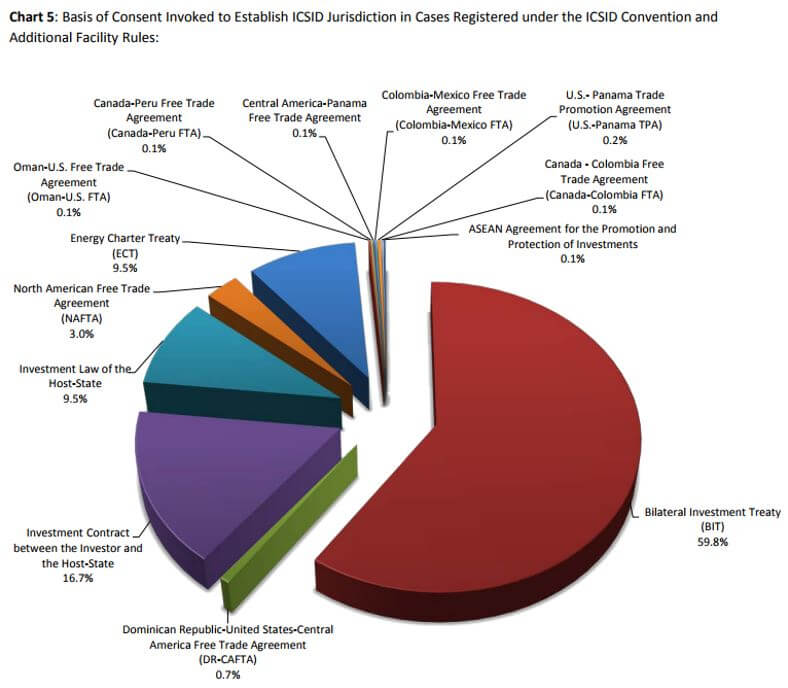The valuation date of an expropriated investment represents a crucial factor in assessing the amount of compensation to be paid in investor-State arbitrations, as the value of investments may change dramatically over the course of time. Arbitral tribunals are keenly aware that the value of investments change over time. For example, the Iran-US Claims Tribunal […]
How Do Investment Arbitration Tribunals Interpret Investment Treaties?
When interpreting a treaty provision, arbitral tribunals should first and foremost look at the “ordinary meaning of the terms”. This methodology is prescribed by Article 31 of the 1969 Vienna Convention on the law of treaties (VCLT). VCLT Articles 31-32 are codifications of customary international law. The interpretative approach prescribed by these articles should be […]
International Arbitration in Angola
Angola, which has one of the largest economies in sub-Saharan Africa, has recently modernized its legislation and is opening up to international arbitration as part of a wider legal reform. Arbitration in Angola is governed by the Law No. 16/03 of 25 July 2003 also known as the “Voluntary Arbitration Law” or the “VAL”. The VAL […]
International Arbitration in Kyrgyzstan
International arbitration in the ex-Soviet Republic of Kyrgyzstan, as was the case in most ex-Soviet republics, was not a popular dispute resolution mechanism until 15 years ago. Today, international arbitration in Kyrgyzstan is governed by the Law on Arbitration Courts (2002). The Kyrgyz Law on Arbitration Courts is a modern law largely based on the UNCITRAL Model […]
Consent in Investment Arbitration
Investment arbitration, like any arbitration, is a creature of contract. A party submitting a case to the International Centre for Settlement of Investment Disputes (the “Centre”) therefore must ensure that their adversaries have consented to arbitrate. This article answers the ‘what, how, and when’ of consent in investment arbitration. What is “Consent”? Article 25(1) of […]




